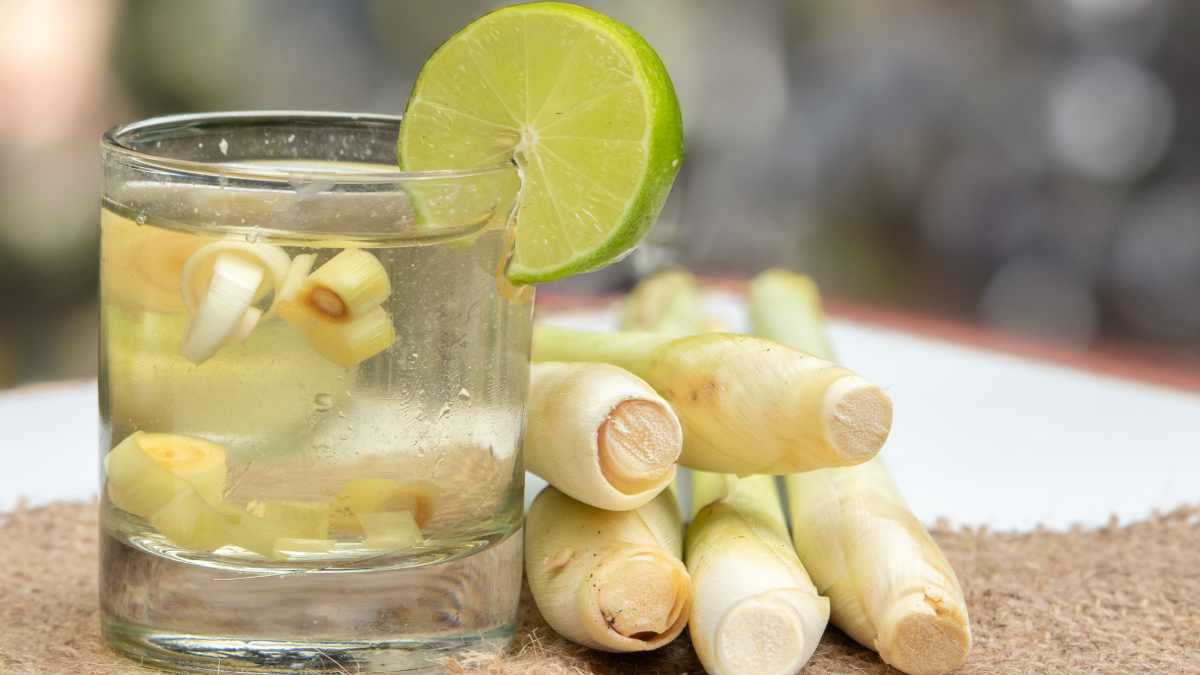Detoxify the liver with lemongrass, a natural method to help protect the liver
liver detoxification is an increasing demand as many people face fatty liver, high liver enzymes and toxins accumulated by alcohol, tobacco, processed foods, environmental pollution and stress.
In natural methods, lemongrass is highly appreciated by many nutritionists for its diuretic, anti-inflammatory, antioxidant properties and support in eliminating toxins through urine.
lemongrass contains citral, geraniol, flavonoids and polyphenols, which help reduce oxidative stress, a factor that damages liver cells and promotes blood filtration.
According to the Cleveland Clinic, foods rich in antioxidants help protect the liver from free radical damage and support liver function recovery.
Easy-to-do lemongrass liver detoxification methods
1. Ginger lemongrass tea
Take 4 to 5 lemongrass plants and a few slices of ginger, boil with 1 liter of water.
Drink about 250-300ml per day.
Effects: help reduce inflammation, improve blood circulation and support the kidneys in eliminating toxins.
2. Lemon and honey combination lemons

Cook the water from lemongrass, let it cool a little, then add lemon and honey. Drink water in the morning about 20 minutes before meals.
Benefits: stimulate digestion and balance between alkaline and acid, improve and enhance liver function.
3. Steaming with lemongrass
Use lemongrass, grapefruit and ginger, boil for 1015 minutes and then steam for 10 minutes.
Do it 1 to 2 times a week.
Benefits: dilate pores, detoxify through sweat, help reduce stress, a factor that can increase liver enzymes.
Pay attention to people with low blood pressure, pregnant women, as well as those who are being treated for kidney-related diseases or stomach ulcers.
Do not consume more than 1 liter per day to avoid dehydration and electrolyte disorders.
Combine lifestyle to effectively detoxify the liver
You should drink enough 2 to 2.5 liters of water per day. Reduce consumption of alcohol, beer, fried foods, organs and red meat.
Increase the use of foods rich in fiber, green vegetables and spend at least 30 minutes a day exercising.

Get 7 to 8 hours of sleep per night and manage stress levels.
According to Harvard Health Publishing, nutritional changes and lifestyle changes are important factors in reducing the risk of fatty liver and restoring liver function.
The information in the article is for reference only, not a replacement for medical diagnosis or treatment. You should talk directly to your doctor for accurate advice that is suitable for your health condition.











